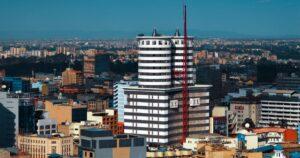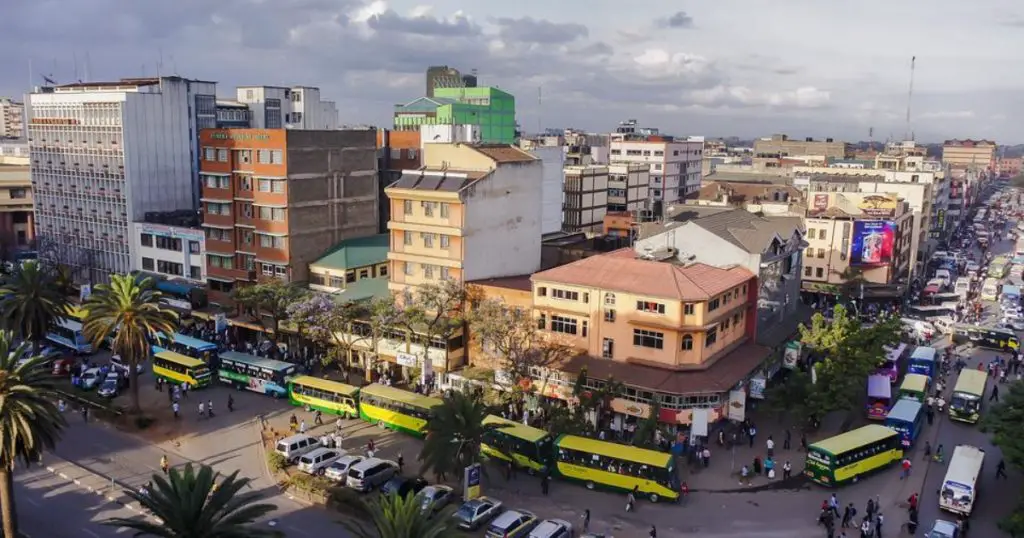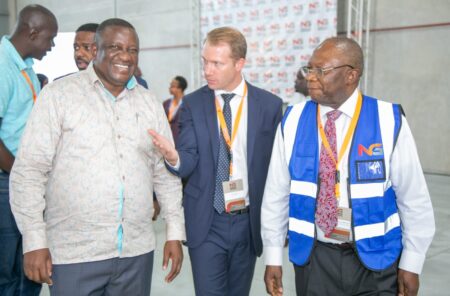- Businesses in Kenya only saw a mild improvement in operating conditions in October 2022
- The latest Purchasing Managers’ Index showed that ongoing concerns about the rising cost of living led to a softer expansion in new orders and a renewed drop in output
- Inflationary pressures remained severe, as firms highlighted a record increase in purchasing costs from the previous month
According to the latest Purchasing Managers’ Index, businesses in Kenya only saw a mild improvement in operating conditions in October 2022.
The Stanbic Bank Kenya survey showed that ongoing concerns about the rising cost of living led to a softer expansion in new orders and a renewed drop in output.
Despite this, employment continued to rise amid increased backlogs, while firms were the most upbeat about the
outlook for activity since July 2021.
“October’s PMI continued to signal an improvement in business conditions, albeit with a loss of momentum
compared to September. New orders, employment and purchasing growth, recorded weaker expansions. Bar manufacturing, output contracted slightly for the seventh time in eight months,” Mulalo Madula, Economist at Standard Bank said.
Output falls as new order growth cools
Inflationary pressures remained severe, as firms highlighted a record increase in purchasing costs from the previous month. Output charges were raised at the quickest rate since June to protect profit margins.
As such, the headline PMI dropped to 50.2 to signal only a fractional improvement in operating conditions in October. The index was down from a seven-month high of 51.7 in September when renewed growth was indicated due to the end of the national election period.
The headline figure derived from the survey is the Purchasing Managers’ IndexTM. Readings above 50.0 signal an improvement in business conditions in the previous month, while readings below 50.0 show a deterioration.
During the same period, new order inflows rose for the second month of October, following a five-month decline. However, the rate of growth slowed from September and was only slight, as panellists noted a weaker effect from customer sales rebounding following the election.
Moreover, rising living costs dampened client spending in many cases, contributing to lower sales volumes in the construction, services and wholesale & retail sectors. Agriculture and manufacturing were the only areas to record growth.
During the period under review, inflationary pressures negatively impacted business activity, as some respondents noted reduced capacity due to high running costs. Output fell for the seventh time in eight months, although only modestly.
Businesses in Kenya were negatively affected by August 2022 Elections – PMI
“On the downside, inflationary pressures appear to be increasing. Input costs accelerated, underpinned by higher fuel prices, a weaker exchange rate, staff costs, and shortages of commodities such as timber and animal feed. (colburnschool.edu) If price pressures persist and firms continue to pass on a higher share of rising input cost burdens to output charges, demand may weaken in the short to medium term, slowing the overall rate of improvement in Kenya’s business environment,” Madula added.

Purchase prices rise at a record pace
Notably, the latest survey data signalled a record uptick in purchase costs during October, driven by rising fuel costs, a weaker currency and material shortages.
Around 41% of companies saw their purchase costs rise.
Fears that prices will continue to rise contributed to a sharp increase in stockpiles of inputs in October, helped by a further rise in purchasing. Meanwhile, lead times shortened due to strong competition among suppliers.
With output falling, backlogs of work rose for the fifth month running and at a faster rate. Employment numbers subsequently ticked higher, with the rate of job creation quickening slightly from September but staying mild overall. Staff costs rose at the slowest pace since March.
Confidence towards future activity picks up sharply
The record increase in purchase costs led companies to raise their output charges sharply in October. Moreover, the pace of inflation accelerated to a four-month high.
Finally, output expectations were up to their strongest for 15 months in October. Despite growth headwinds, companies were more confident of rising client numbers and business expansion plans coming to fruition.
Business activity in Kenya rises as general election concludes peacefully











